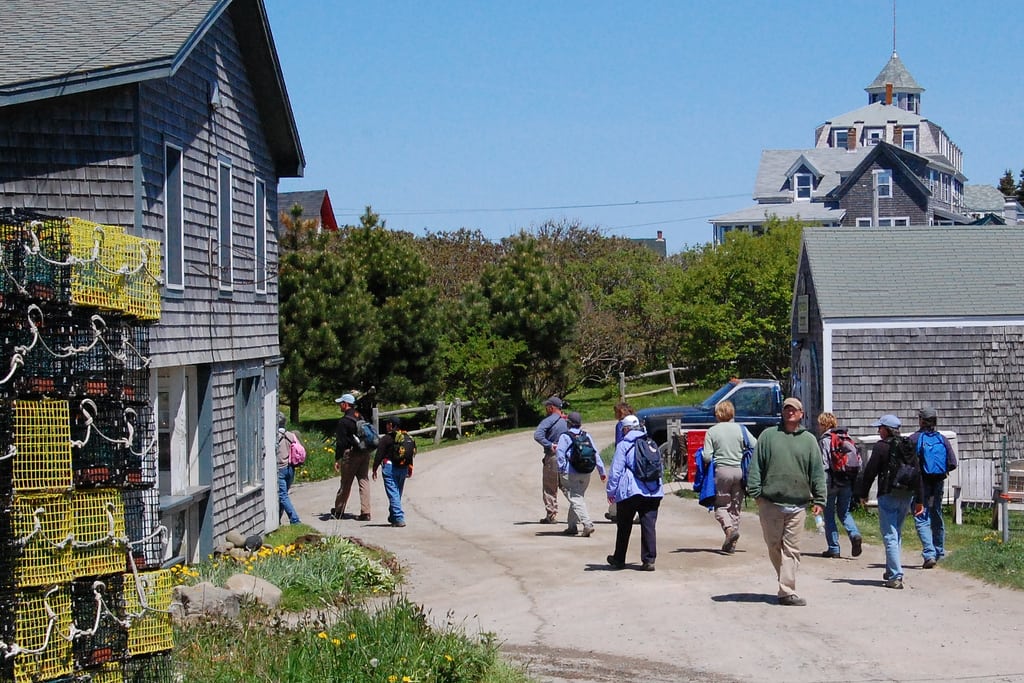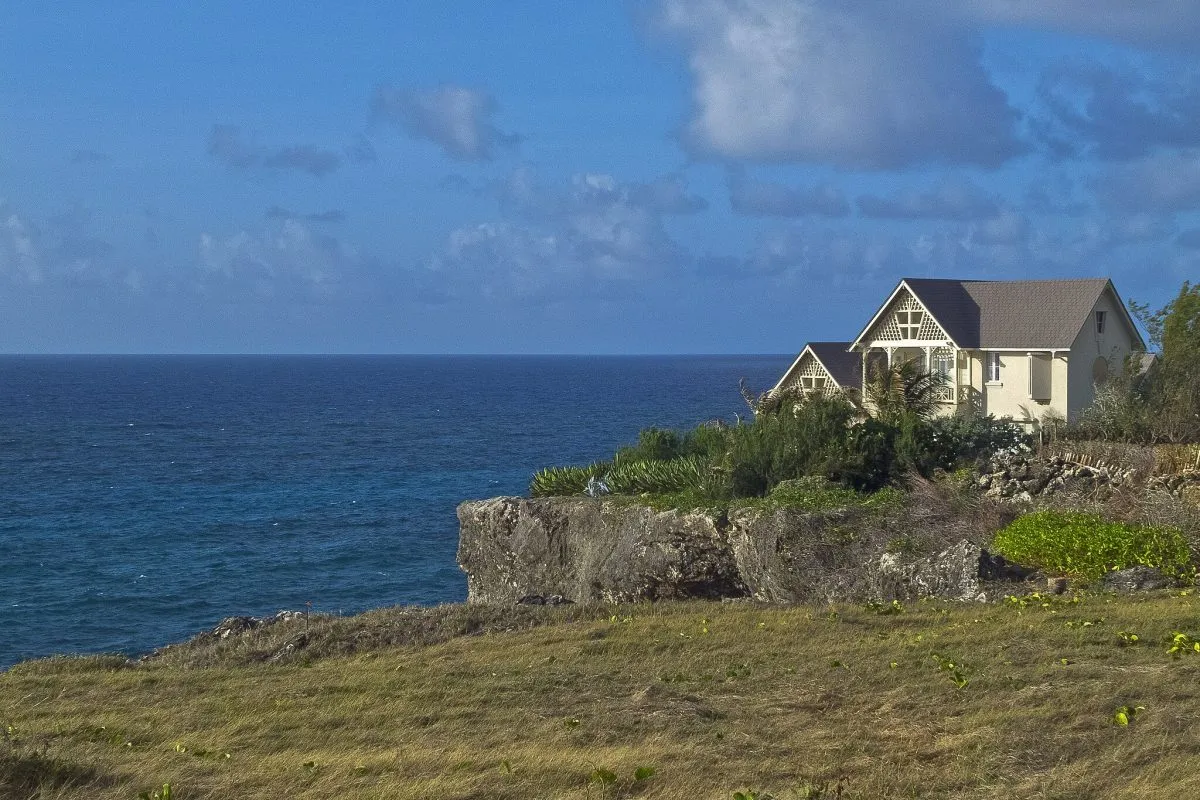Climate change expected to slowly kill birdwatching tourism in Maine

Skift Take
Climate change is posing a threat to Maine's tourism and recreation industry by changing the lives of scores of species of New England birds, according to wildlife biologists.
Bird experts from Maine, New Hampshire, Vermont and Massachusetts said that increasing temperatures, rising sea levels and extreme heat, precipitation and storms have already had a profound negative impact on bird populations. The problems affect sea birds, boreal birds and songbirds by altering their migration times, territories and reproductive success.
Wildlife biologists and ornithological specialists presented their findings at a news conference Monday, calling for a reduction in carbon pollution, along with an increase in clean-energy alternatives.
The conference was co-sponsored by the National Wildlife Federation and the Natural Resources Council of Maine.
Stresses caused by human-induced climate changes have caused a loss of American bird species, according to the wildlife federation's report, "Shifting Skies: Migratory Birds in a Warming World."
When added to the impact of habitat loss and pollution, the stressors have led to the listing of 91 U.S. bird species as threatened or endangered under the Endangered Species Act, scientists reported.
The decline in bird populations represents a threat to humans, specifically in economic losses or reduced earnings, scientists said. An estimated $54 billion was spent on wildlife-watching activities in the United States in 2011, $4 billion on bird seed alone.
Migratory bird hunters accounted for another $1.8 billion in revenue in the recreation sector, according to the National Wildlife Federation.
"There are a multitude of threats (to birds) from climate change," said Dr. Jeff Wells of Hallowell, senior scientist for the Boreal Bird Initiative, a nonprofit organization that studies birds.
Maine's coastal waters are the habitat for 86 ocean birds and nearly 175 coastal species. The birds draw thousands of birders each year and provide a reliable indicator of the health of the marine environment and fisheries, biologists said.
As many as 25 bird species, prompted by warming temperatures from climate change, have moved north into New England, but most are "generalist species," able to adapt to a fairly wide variety of changing conditions, Wells said.
They are not a replacement for species in Maine that are moving north in search of cooler temperatures and more hospitable habitat, scientists said. Rather, those generalist species of birds are indicators of larger, more sweeping changes.
In Maine, one of the most profound impacts has been seen in puffin populations, which were reduced by 50 percent last year, Wells said. Puffins, like many other species, returned early in spring, bred and produced their young, only to slowly starve because their food was not yet available to them.
Such a crossed, or disrupted, timetable is affecting more and more migratory birds, which are returning to New England two weeks earlier in the spring, on average, than 50 years ago, Wells said.
Other Maine birds in which declines have been noted are woodcocks, rusty blackbirds and eastern meadowlarks, according to birding groups across the state. Because so many species of birds depend on salt marsh habitat, numbers in many species' populations -- both in songbirds and sea birds -- are expected to be reduced over the next decade.
One anticipated problem is expected to become apparent at Maine Audubon's Scarborough Marsh. The Audubon sanctuary has provided habitat for sharp-tailed sparrows, which nest just a few inches off the ground, said naturalist Doug Hitchcox of the Scarborough Marsh Center. Rising sea levels will have a dramatic impact on those birds.
"That's going to be just devastating to their populations," he said.
Other bird populations, such as cardinals and red-bellied woodpeckers, are actually becoming more common in Maine, likely because of climate and habitat changes. Scientists and ornithologists say those upswings in populations pose increased competition for food and other resources for migratory species that have long been part of Maine's landscape.
(c)2013 the Portland Press Herald (Portland, Maine). Distributed by MCT Information Services. ![]()




